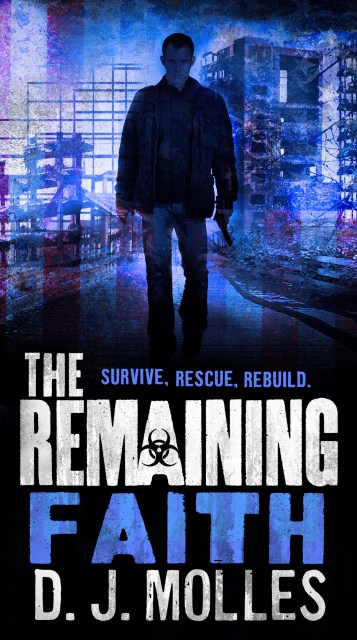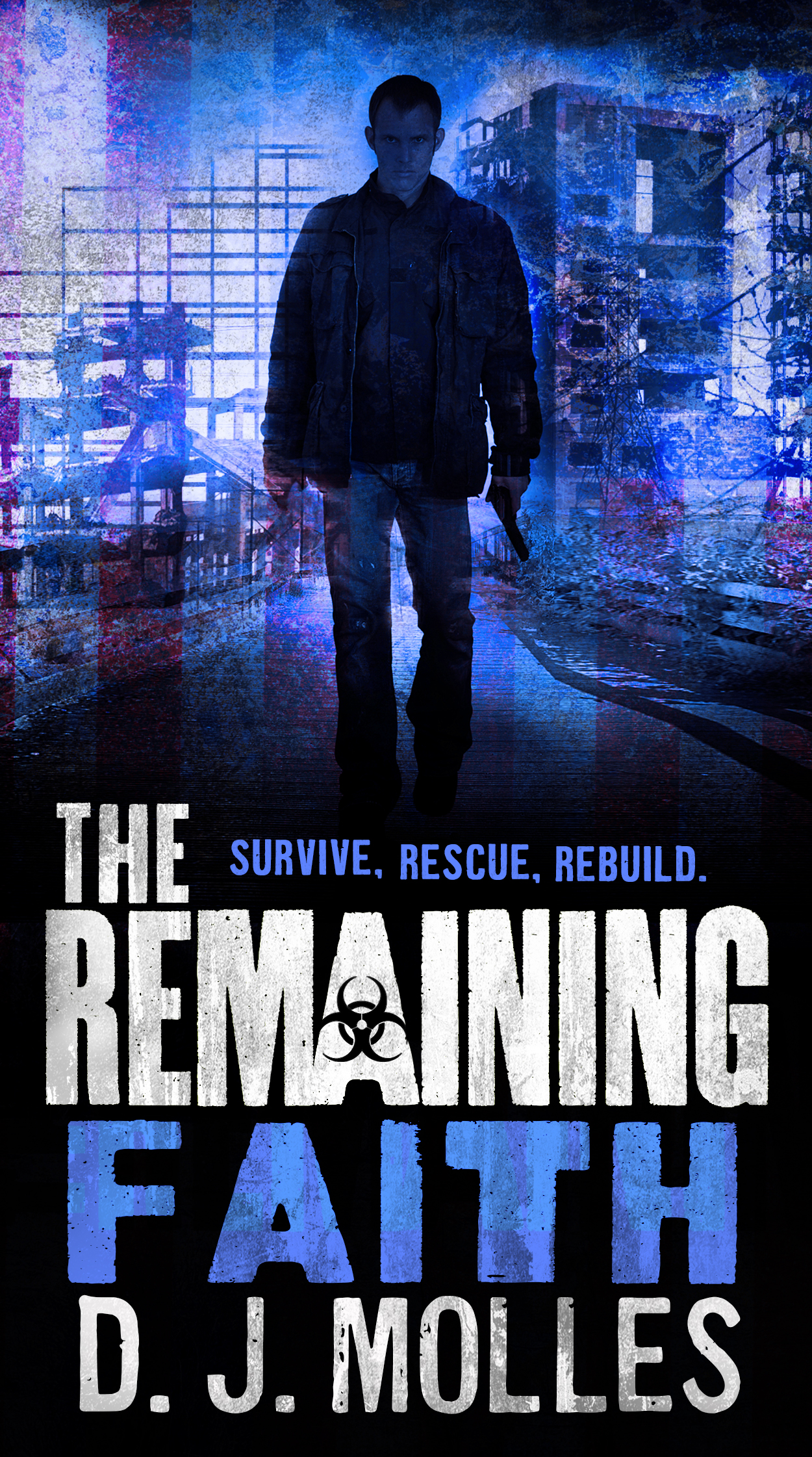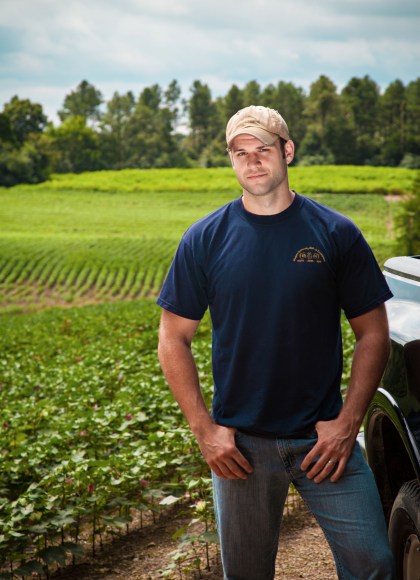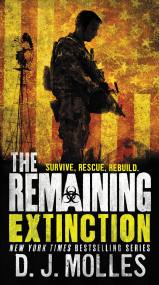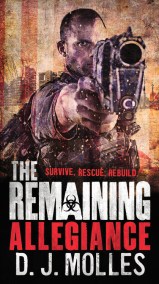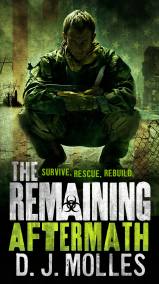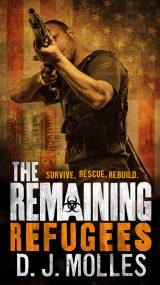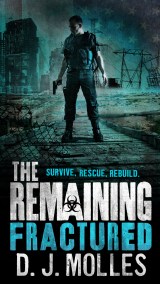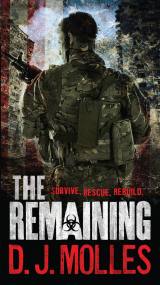Promotion
Use code FALL24 for 20% off sitewide!
The Remaining: Faith
A Novella
Contributors
By D.J. Molles
Formats and Prices
Price
$2.99Price
$3.99 CADFormat
Format:
- ebook (Digital original) $2.99 $3.99 CAD
- Audiobook Download
This item is a preorder. Your payment method will be charged immediately, and the product is expected to ship on or around May 27, 2014. This date is subject to change due to shipping delays beyond our control.
Also available from:
The world is slipping into chaos. A mysterious plague has come stateside, and Clyde Bealey suddenly finds himself with nothing but a suitcase full of worthless things and a desperate sense that he must prove himself to his pregnant wife. As he tries to lead his family to safety through a world filled with madmen, he will learn that the cost of his pride might be more than he can bear.
Series:
- On Sale
- May 27, 2014
- Page Count
- 50 pages
- Publisher
- Orbit
- ISBN-13
- 9780316404310
Newsletter Signup
By clicking ‘Sign Up,’ I acknowledge that I have read and agree to Hachette Book Group’s Privacy Policy and Terms of Use
